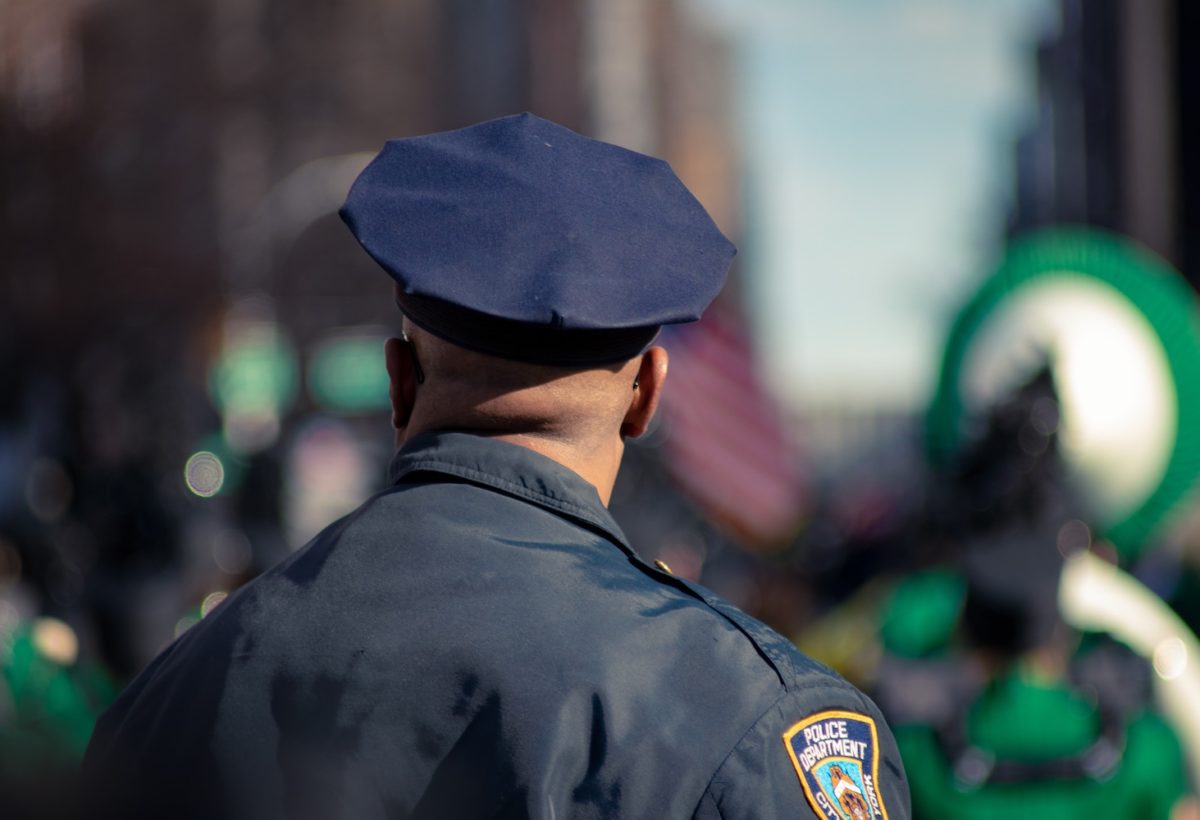
If you happened to be in the vicinity of the Boston Seaport one sunny day in September, you may have noticed a crowd of hard-hatted construction workers gathered around a stage to hear how to identify an opioid overdose and where on local construction sites to locate and use life-saving naloxone.
Among the speakers at that event was John Rosenthal, co-founder and chairman of a nonprofit called the Police Assisted Addiction and Recovery Initiative (PAARI). The group got its start in 2015 when police in Gloucester, Mass., launched the Angel Program, a new way to fight the war on opioids. Drug users who want to get clean can contact the police and get help, not handcuffs.
Today PAARI is a nationwide network of 420 police departments in 32 states all of whom are trying to reduce the demand for illicit substances, instead of trying solely to stem the supply. The FBI has estimated that someone in the U.S. gets arrested on drug charges, often opioid-related, every 20 seconds. Many of those arrested are users, not dealers. By approaching opioid addiction as an illness rather than a crime, PAARI police departments steer people into treatment instead of jail.
PAARI works closely with businesses and trade unions, particularly in construction, where opioids are especially a hazard. Any employer whose local police department is a PAARI member can request training in naloxone use, referrals to treatment programs, and coaching on creating what PAARI calls a “recovery-friendly” workplace.
